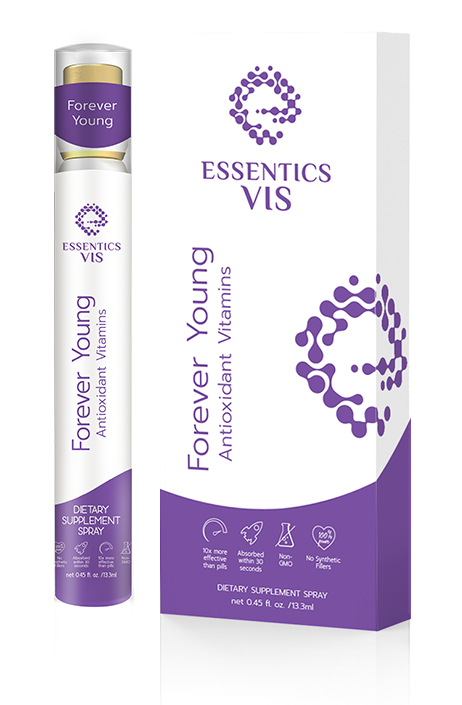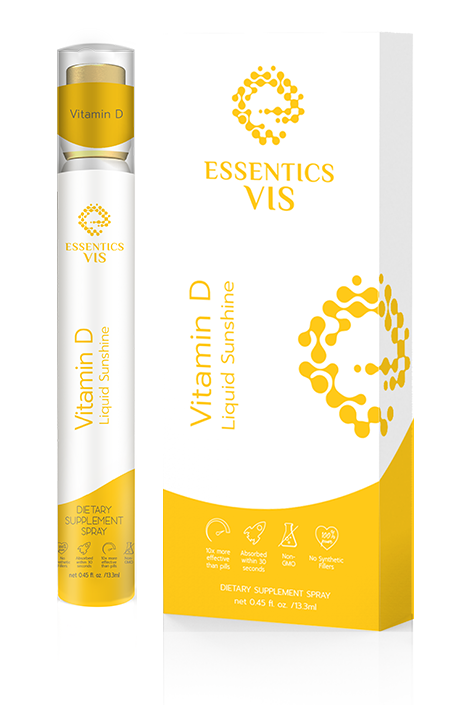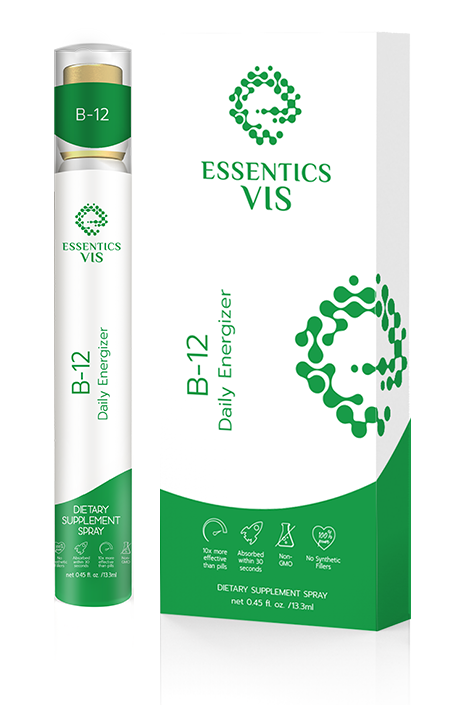The Health Benefits of Vitamin D
Vitamin D is a fat-soluble vitamin that is needed to be healthy and maintain strong bones. Known as the "sunshine vitamin," vitamin D is formed when skin is exposed to the sun's...
5 min read | Apr 20, 2020

Antioxidant supplements are popular and commonly considered healthy.
In part, this is because fruits and vegetables, which are rich in antioxidants, are associated with many health benefits, including a reduced risk of disease.
Yet, there is strong evidence to suggest that you may be doing your health a disservice by supplementing with antioxidants.
This article explains what antioxidant supplements are and why it’s better to get your antioxidants from food.
Antioxidant supplements contain concentrated forms of antioxidants, which are substances that stabilize free radicals.
Your body naturally produces free radicals when you exercise and digest food.
Environmental factors, such as UV exposure, air pollutants, tobacco smoke and industrial chemicals like pesticides, are also sources of free radicals.
If free radicals exceed your body’s ability to regulate them, a condition called oxidative stress occurs. Over time, this contributes to aging and the development of diseases, including cancer..
The main antioxidants that help regulate free radicals in your body are the vitamins A, C, and E and the mineral selenium.
Antioxidant supplements contain 70–1,660% of the daily value (DV) of these key nutrients.
It’s commonly thought that taking antioxidant supplements prevents the damage caused by free radicals to the body’s cells, thereby promoting longevity and warding off disease.
However, taking antioxidant supplements in high amounts can do just the opposite.
The health detriments associated with taking antioxidant supplements outnumber its potential benefits.
Taking antioxidant supplements in large doses is not recommended for many reasons.
Your body naturally produces free radicals as a byproduct of energy metabolism during exercise. The harder and longer you exercise, the more free radicals your body produces.
Because free radicals can contribute to muscle fatigue and damage, it’s been proposed that taking antioxidant supplements can blunt their harmful effects, hence improving exercise performance and muscle recovery.
However, several studies have shown that taking antioxidant supplements — specifically vitamins C and E — can interfere with how your body adapts to exercise and even eliminate some of the health benefits associated with exercise.
The oxidative stress caused by free radicals to the body’s cells is thought to be a major contributor to the development of cancer.
Since antioxidants neutralize free radicals, taking antioxidant supplements have been speculated to decrease the risk of developing or dying from cancer.
Several meta-analyses, however, have shown that taking antioxidant supplements does neither reduce the risk of many types of cancers nor reduce the risk of dying from them once diagnosed, In fact, they may even increase the risk of certain cancers.
In addition, several meta-analyses have found that beta-carotene supplements, a precursor of vitamin A, increases the risk of bladder cancer, and, in people who smoke, the risk of lung cancer as well .
The exception is selenium, which may help prevent cancer in people with low levels of the mineral or in people with an elevated risk of cancer. However, more research is needed before selenium can be recommended for this purpose.
Vitamin A is important for fetal growth and development, but at high doses, vitamin A supplements can increase the risk of birth defects.
Therefore, women who might be or are pregnant should not take high doses of vitamin A supplements.
These supplements are only recommended for pregnant women in areas where vitamin A deficiency is prevalent, such as in Africa and Southeast Asia.
Beta-carotene, the precursor of vitamin A, is not shown to lead to birth defects. But since taking the supplement long-term is associated with cancer, pregnant women should consult with their physician before taking beta-carotene supplements.
Though antioxidant supplements are generally not recommended for a variety of reasons, the antioxidant vitamin C may benefit people with the common cold or those who smoke.
Vitamin C has not been shown to prevent the common cold, but it may reduce its severity and duration.
In a meta-analysis in more than 11,000 people, taking vitamin C supplements was shown to decrease the duration of colds by 8% while also decreasing its severity.
It’s best to take vitamin C in smaller doses — usually less than one gram — as its absorption decreases with higher doses. In addition, higher doses may cause stomach upset.
Smoking causes many types of cancers, largely because cigarette smoke contains toxins that cause oxidative damage to your body’s cells.
Because of this increased exposure to free radicals, research suggests that people who smoke need 35 mg more of vitamin C per day than people who don’t smoke. Similarly, exposure to secondhand smoke also increases vitamin C needs.
Yet, this additional need for vitamin C can be easily met through diet and without taking antioxidant supplements.
Getting antioxidants from food rather than supplements is much safer and healthier.
All foods contain different antioxidants in varying amounts, so it’s important to include a variety of foods in your diet.
While animal-based products, such as eggs and dairy products, have antioxidants, plant-based foods are particularly high in them.
These plant-based foods include:

Vitamin D is a fat-soluble vitamin that is needed to be healthy and maintain strong bones. Known as the "sunshine vitamin," vitamin D is formed when skin is exposed to the sun's...
26
Nov

Deficiency can result when levels of vitamin B-12 are too low. This can lead to irreversible neurological symptoms. In the United States (U.S.), between 1.5 and 15 percent of the population are currently diagnosed...
26
Nov
Whether you have a quick question or need guidance on a persistent issue, we're here.
We know vitamins and minerals, and we love to help.